Older mums of twins aren’t at higher risk
A 2017 study compares the obstetric outcomes of twin pregnancies between Japanese women aged 40 and older and women aged 25-29. The retrospective study looked at twin pregnancies managed at Japanese Red Cross Katsushika Maternity Hospital between 2002 and 2016. The results were published in October 2017 in the Journal of Clinical Medicine Research. The researchers looked at antenatal data, the babies gestational age at delivery, whether the mothers delivered vaginally or by c-section, birth weight, Apgar score* at 1 and 5 minutes and postpartum bleeding, that required blood transfusion.
*The Apgar score is an assessment of how a baby is doing at birth. Immediately after birth, the midwife or doctor assesses how a baby is doing and whether he or she needs medical assistance in some way.
Lower birth weight
The results showed that advanced maternal age did not seem to affect obstetric outcomes in twin pregnancies seriously. There were no measurable differences in obstetric outcomes such as hypertensive disorders, premature delivery and neonatal asphyxia* between the two groups. Based on this study, older age does not seem to be a risk factor for the development of hypertensive disorders or gestational diabetes in twin pregnancies. However, more women over 40 did have hemolytic, elevated liver enzymes and low platelet syndrome (HELLP). Their children also had lower birth weights compared with the babies from the younger group.
*Neonatal asphyxia is when your child doesn’t breathe normally after birth. It results from deprivation of oxygen and can cause physical harm, usually to the brain.
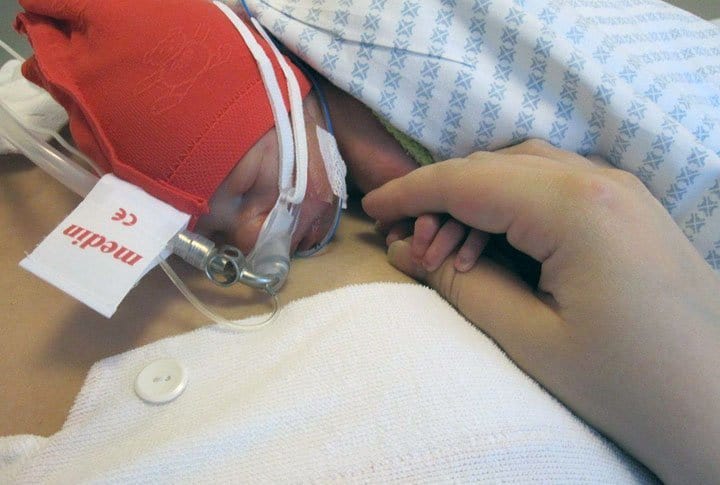

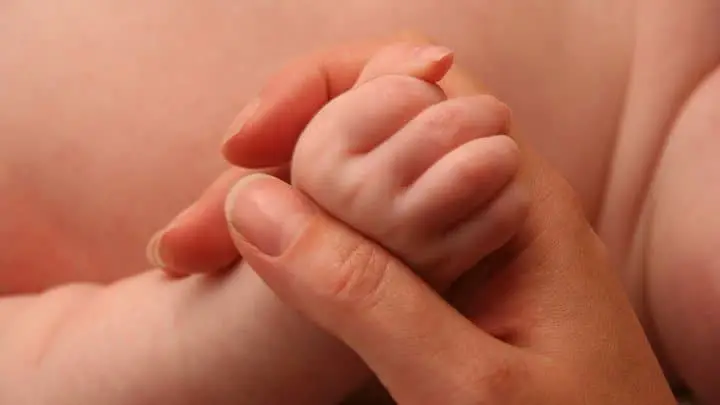
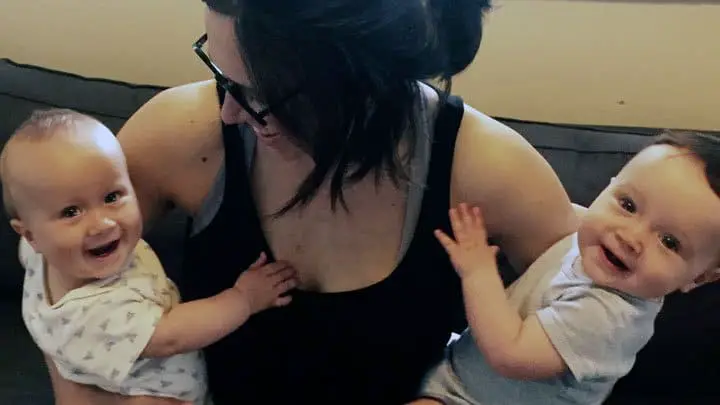
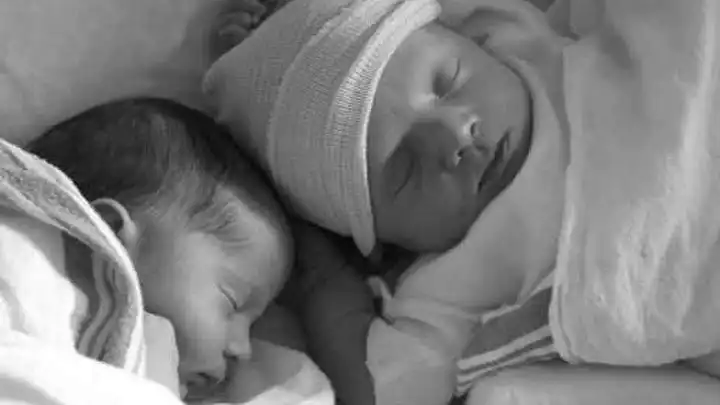
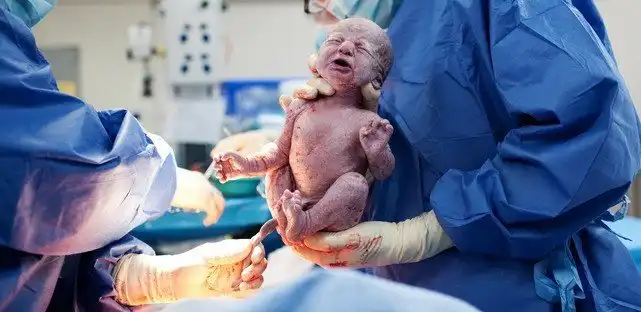
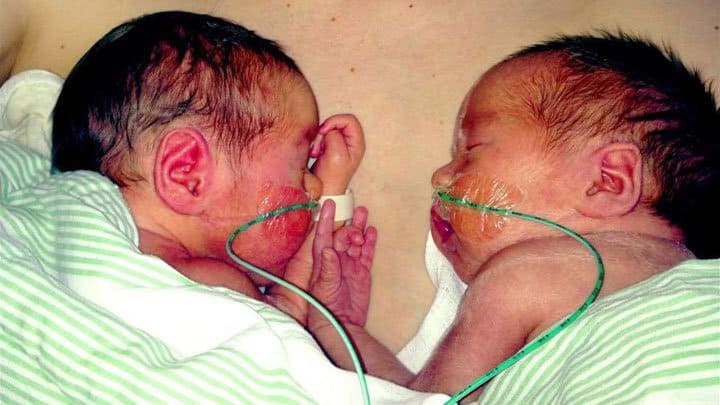

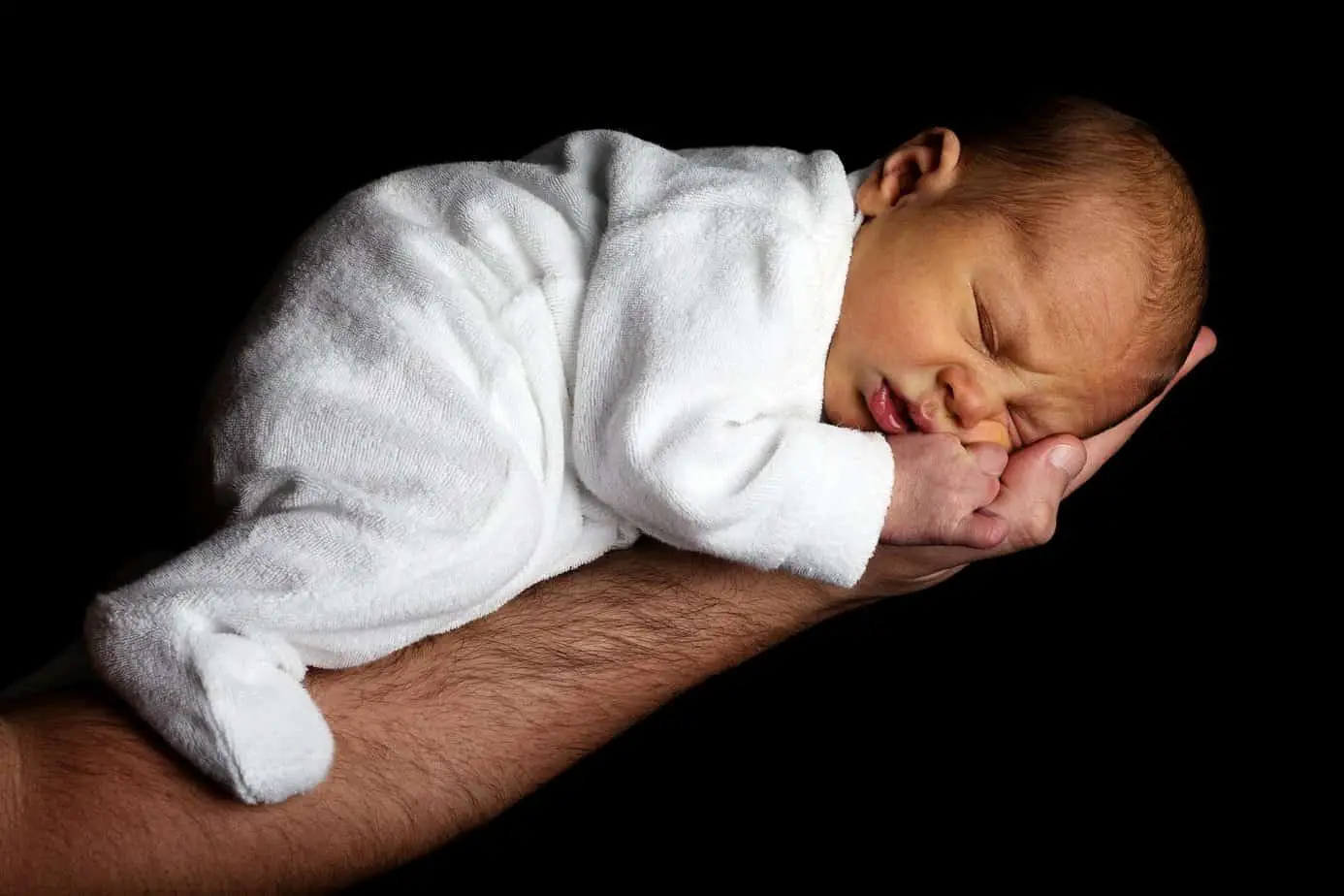


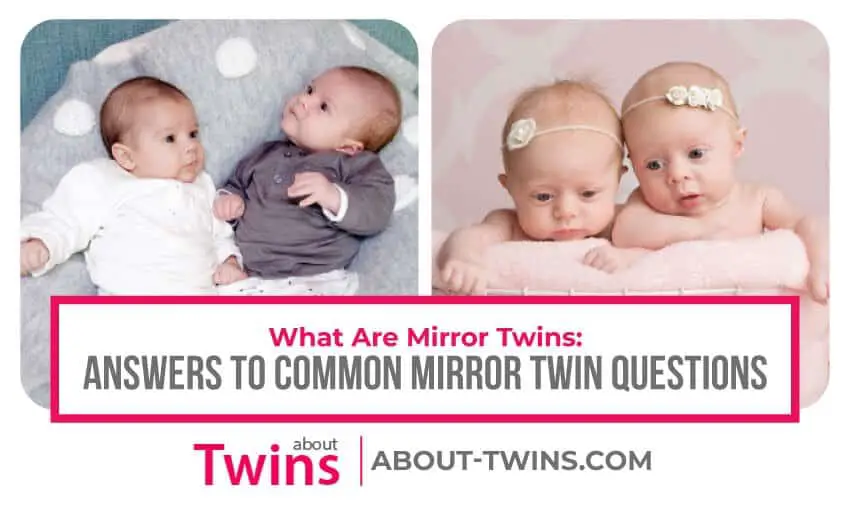


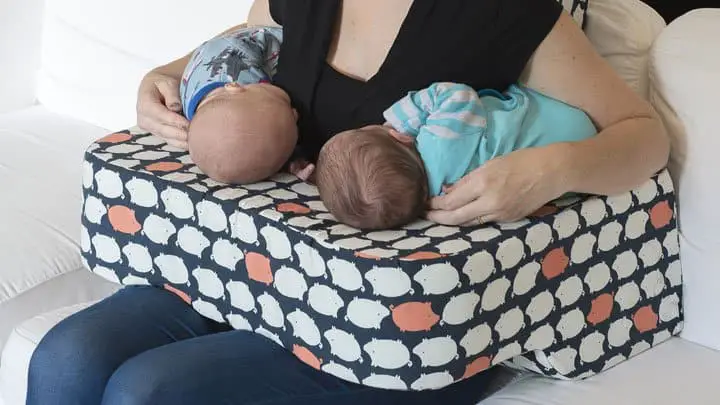
This is so wonderful to read!